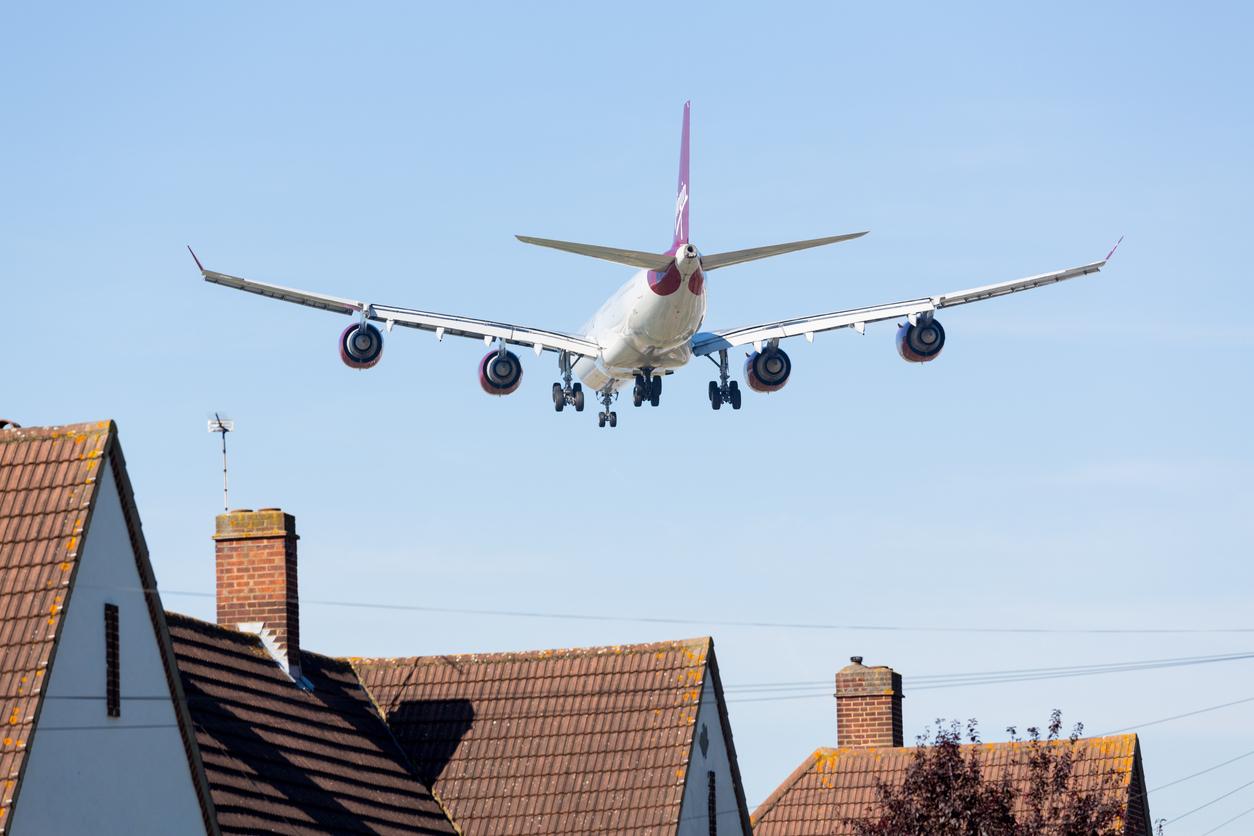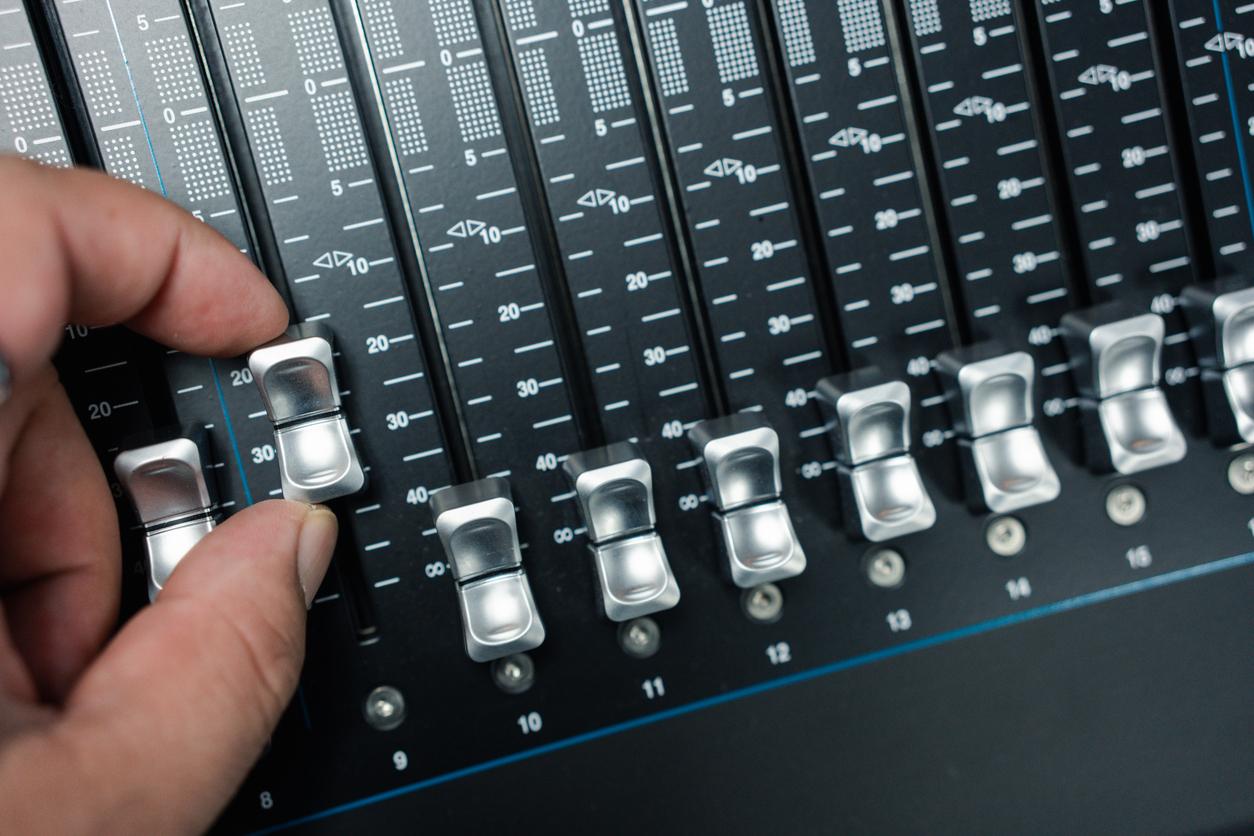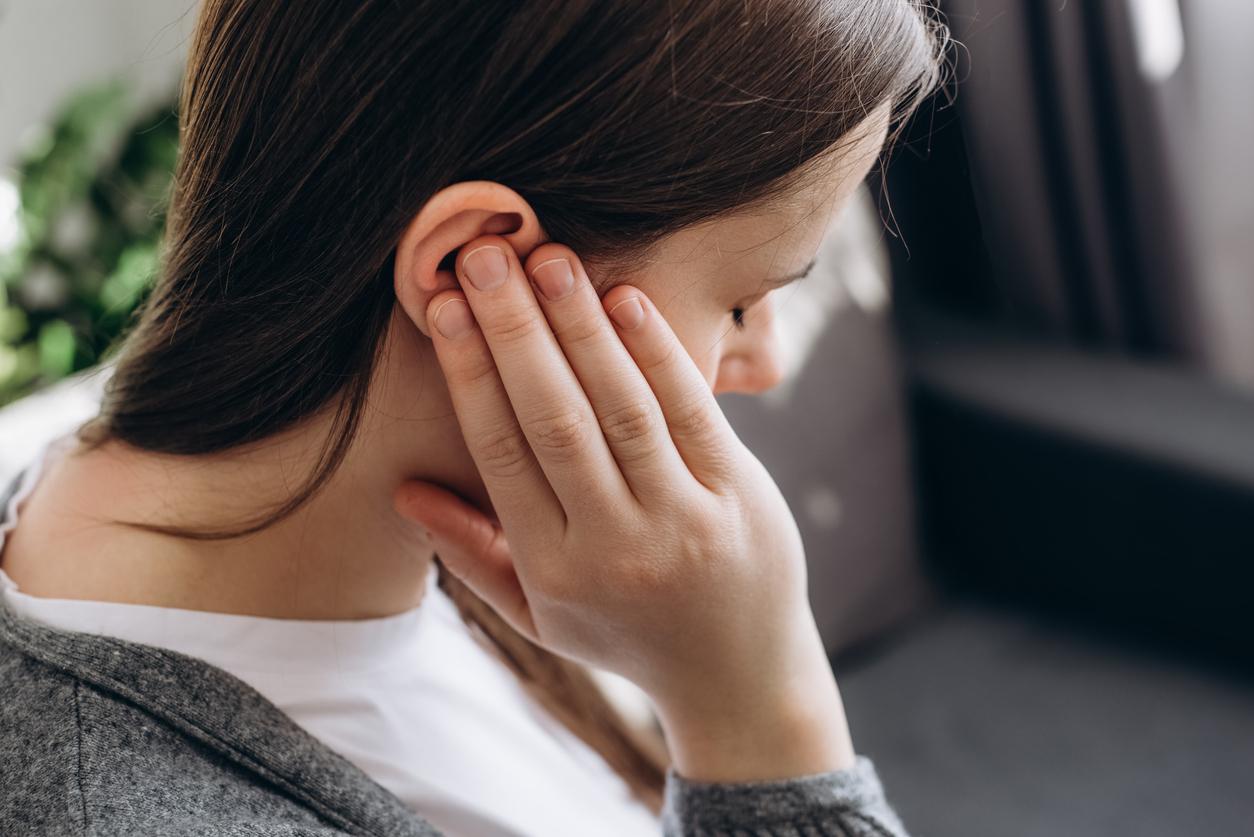June 8, 2005 – Attending a school overflown by planes makes it more difficult for children to learn, especially in terms of comprehension of a text or memory.
Researchers from three European countries have come to this conclusion1 after having verified the impact of noise from airplanes as well as road traffic on learning among young people.
To do this, they tested the cognitive abilities of 2,844 pupils aged 9 and 10, in 89 schools located near one of the following three airports: Schiphol in the Netherlands, Barajas in Spain and Heathrow, in Great Britain. From April to October 2002, they subjected the children to memory and reading comprehension tests, while measuring the degree of noise to which they were exposed.
The results obtained show a relatively weak, but significant, link between noise and the reduction in certain faculties linked to learning.
In reading, the UK students most exposed to aircraft noise were two months behind the least exposed students, each time the noise increased by 5 decibels (dB). In the Netherlands, every 5 dB increase caused a delay of one month.
In terms of memory, airplane noise only had a negative impact on students’ recognition memory, that is, that which is used to check comprehension in a given domain.
Paradoxically, the noise from road traffic did not affect children’s learning abilities. On the contrary, it has helped to improve their memory of evocation, which allows them to recreate information from the past. The researchers could not explain this phenomenon.
But, regardless of its origin (aircraft or automobile traffic), the intensification of ambient noise aroused irritability in young people. For the authors of the study, there is no ambiguity: “The schools most exposed to aircraft noise do not offer a healthy educational environment”.
Professor at the School of speech therapy and audiology at the University of Montreal, Michel Picard believes that these results are in line with the “convergent evidence” that has been built since 2000 in this regard. Himself the author of a similar study which is taking place in schools located near the Pierre-E.-Trudeau airport in Montreal (Dorval), Mr. Picard maintains that these results “show that even a relatively low degree noise causes a decrease in cognitive functions in children, regardless of their level of intelligence ”.
Judging very severely the “negligence” of the Quebec government in the face of this problem, Mr. Picard maintains that noise near airports “compromises the development and learning capacities of children, which is in total contradiction with the objectives of success that however, the state is fixed, and with the knowledge society in which we live ”.
The solution? The authors of the study first suggest not to allow the construction of new schools near airport facilities. For those which are already erected there, they advise to equip them with more watertight doors and windows.
Martin LaSalle – PasseportSanté.net
According to Reuters Health.
1. Stansfeld SA, Berglund B, et al; (RANCH study team), Aircraft and road traffic noise and children’s cognition and health: a cross-national study, The Lancet, June 21, 2005, Vol. 365, No. 9475, 1942-9.

















